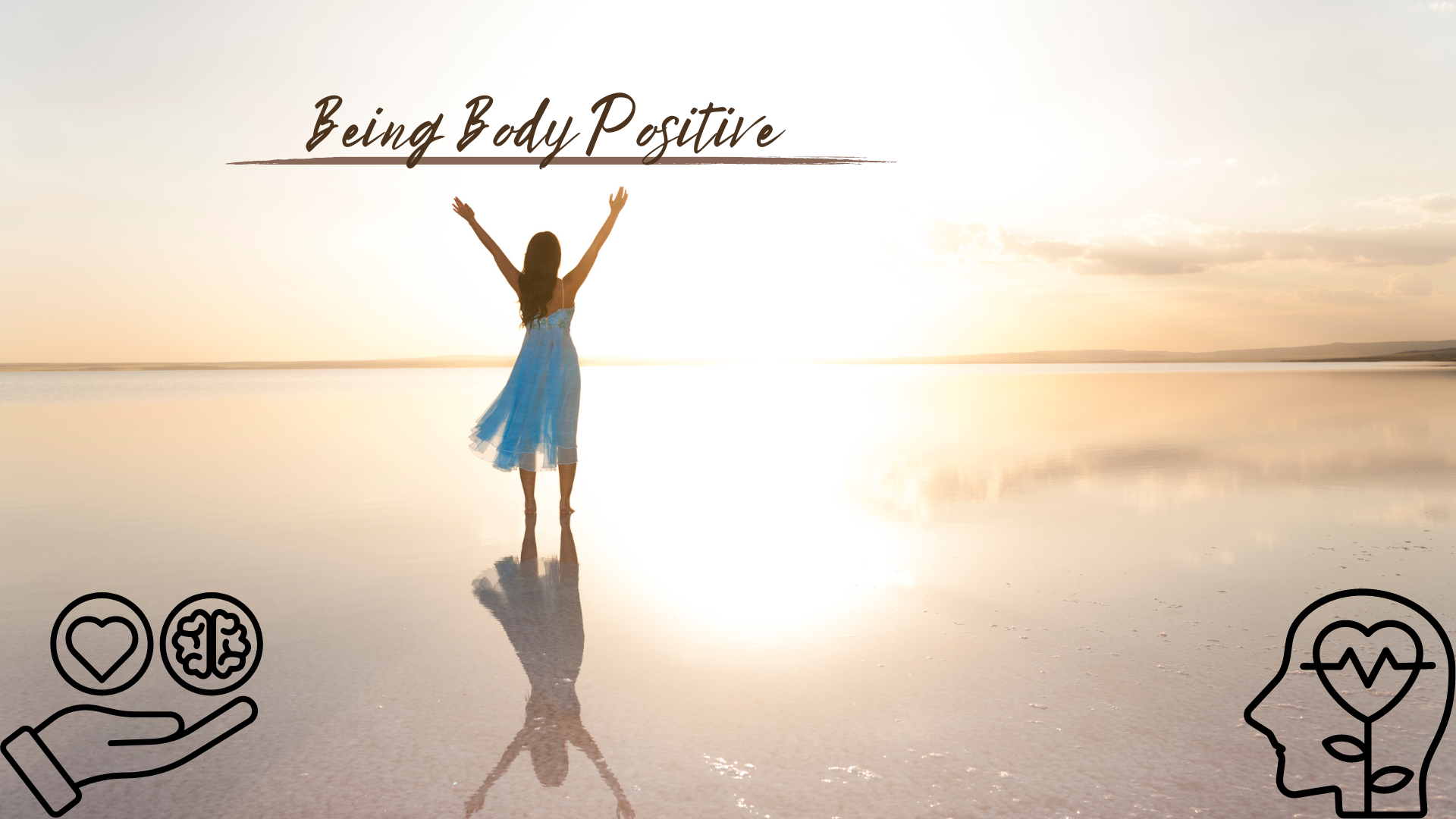
Being Body Positive
Table of Contents
Common Conversations on Body Image
We’ve all encountered comments like “You look healthy” or “You look weak,” often as the opening remarks when meeting someone. These casual statements, especially after periods of change like a lockdown, seem to focus on body appearance as a default conversation starter. But why does our culture so often prioritize physical appearance over meaningful discussions?
The Impact of Body-Shaming
For people who are overweight or underweight, these comments can feel like a never-ending critique. They may be taught from a young age how they “should” walk, dress, or behave based on their appearance, reinforcing the belief that their body defines their worth. This constant scrutiny can plant seeds of insecurity, as body image becomes a central issue in their lives. One friend of mine has repeatedly faced harsh remarks about their weight, career, and life choices, where the conversation always circles back to how they look. These comments, though sometimes unintended to harm, can have a lasting emotional impact.
Body Image Struggles and Health Conditions
Body image issues often go hand-in-hand with health conditions like bulimia nervosa, anorexia nervosa, and Polycystic Ovary Syndrome (PCOS), which can be triggered by societal pressures. My friend Smruti, 24, shared her experience with PCOS, highlighting how difficult conversations around weight can be, particularly when people don’t understand the complexities of her condition. She has faced a lot of unsolicited advice on how to lose weight, often from people who dismiss her explanations about her disorder. Despite the negativity, Smruti has learned to focus on self-love and surrounds herself with supportive friends, which helps her stay positive.
What Does Body Positivity Mean?
Being body positive is about accepting and loving your body, regardless of its size, shape, or color. It’s about feeling good in your skin, staying fit for yourself, and not for others’ approval. However, this mindset doesn’t come easily. Often, people must unlearn years of internalized criticism and unrealistic beauty standards. But with time and effort, positive change can happen. Here are some steps to begin:
- Practice Positive Affirmations: Start your day with self-affirmations or keep a gratitude journal to boost self-love.
- Focus on What You Love About Yourself: We are more than just our physical bodies. Whether it’s your creativity, humor, or skills, embrace what makes you unique.
- Surround Yourself with Positive People: Surround yourself with people who uplift and support you, helping you to stay motivated and happy.
- Set Realistic Goals: Health should be the priority, not arbitrary numbers on a scale. Set goals that are achievable without putting too much pressure on yourself.
- Learn About Your Body’s Needs: Every body is unique. Take time to understand your body and what it needs, whether it’s rest, exercise, or certain foods.
- Seek Support When Needed: If you ever feel overwhelmed by body image issues, don’t hesitate to reach out to a friend, family member, or therapist for support.
The Evolving Body Positivity Movement
The body positivity movement is making strides, but it still has a long way to go. We need to create a world where people of all sizes, shapes, and ethnicities feel safe to love and celebrate their bodies. A crucial part of this journey is allyship—people who don’t face body image issues directly can lend their voices to challenge negative stereotypes and support those affected.
Brands like Sassy Soda, Eloquii, and Girlfriend Collective are leading by example, offering fashion in a variety of sizes. Major retailers like Amazon, Fenty, and Marks & Spencer are also stepping up, promoting inclusivity in their clothing lines across sizes, genders, and ethnicities.
While we still see examples of body shaming, more and more people are becoming aware of the harmful impact this has on individuals and society. If we all reflect on the role we play—whether through our conversations, actions, or support—we can contribute to a future where all bodies are seen as valuable and beautiful.
Change is happening, but it requires ongoing support and accountability. Together, we can create a world where every person, regardless of their size or appearance, can feel confident and accepted in their own skin.